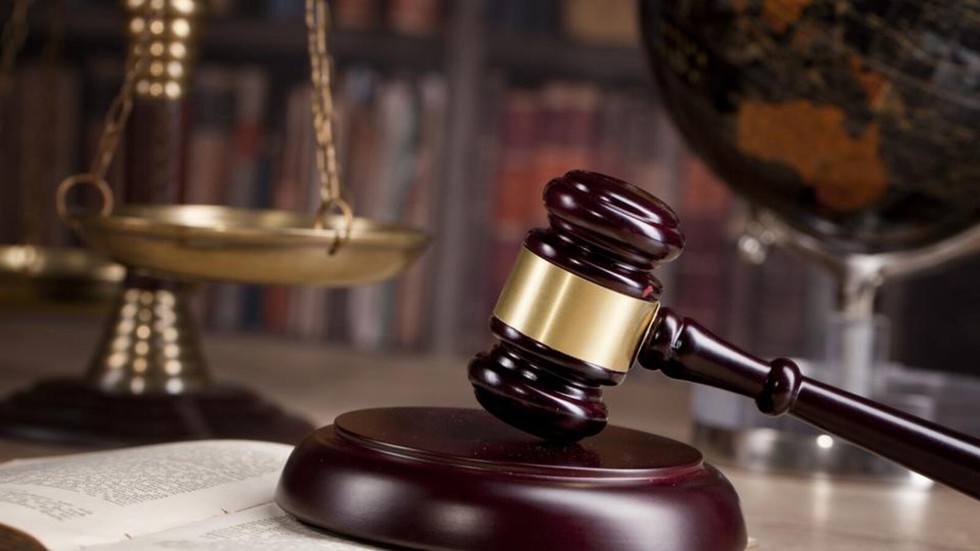
Parens Patriae Doctrine

25.04.2025
Parens Patriae Doctrine
|
For Prelims: About Parens Patriae Doctrine |
Why in the news?
The Bombay High Court, invoking 'parens patriae', recently appointed a daughter as the legal guardian of her 78-year-old mother diagnosed with severe dementia.
About Parens Patriae Doctrine:
- The Doctrine of Parens Patriae, meaning “parent of the nation” in Latin, is a legal principle that empowers the state to act as a guardian for individuals who are unable to care for themselves.
- Under parens patriae, a state or court has a paternal and protective role over its citizens or others subject to its jurisdiction.
- Originating from English common law, the doctrine allows the government to protect the welfare of vulnerable groups such as minors, incapacitated individuals, and persons with disabilities.
- It embodies the state’s responsibility to ensure the safety, rights, and interests of those unable to safeguard their own.
- In modern legal systems, this principle has been applied in areas such as juvenile justice, mental health, consumer protection, and environmental conservation, making it a cornerstone of judicial intervention to promote societal welfare and equity.
Parens Patriae in Indian Legal Framework:
- In India, the Doctrine of Parens Patriae reflects the state’s constitutional commitment to protecting the welfare and rights of its citizens, particularly vulnerable groups.
- Indian courts have consistently invoked this doctrine in areas such as juvenile justice, consumer protection, environmental conservation, mental health, and the rights of persons with disabilities.
Source: The Times of India
Which of the following best defines the Doctrine of Parens Patriae, recently seen in the news?
A.The state has a role in enforcing contracts between individuals.
B.The state can act as a guardian for individuals who cannot care for themselves.
C.The state is responsible for regulating international trade.
D.The state can intervene in the legal affairs of private citizens to protect their property.
Answer B